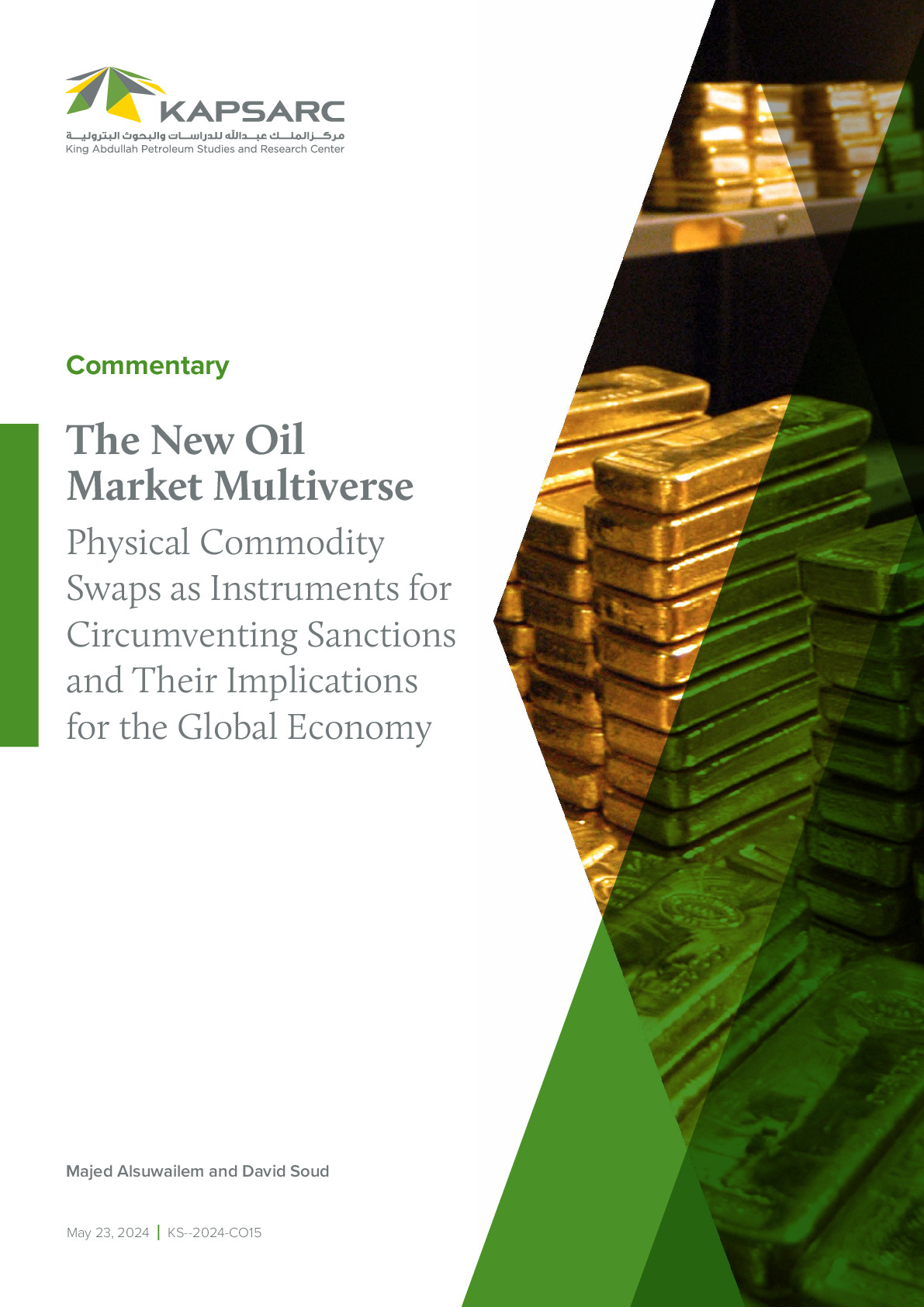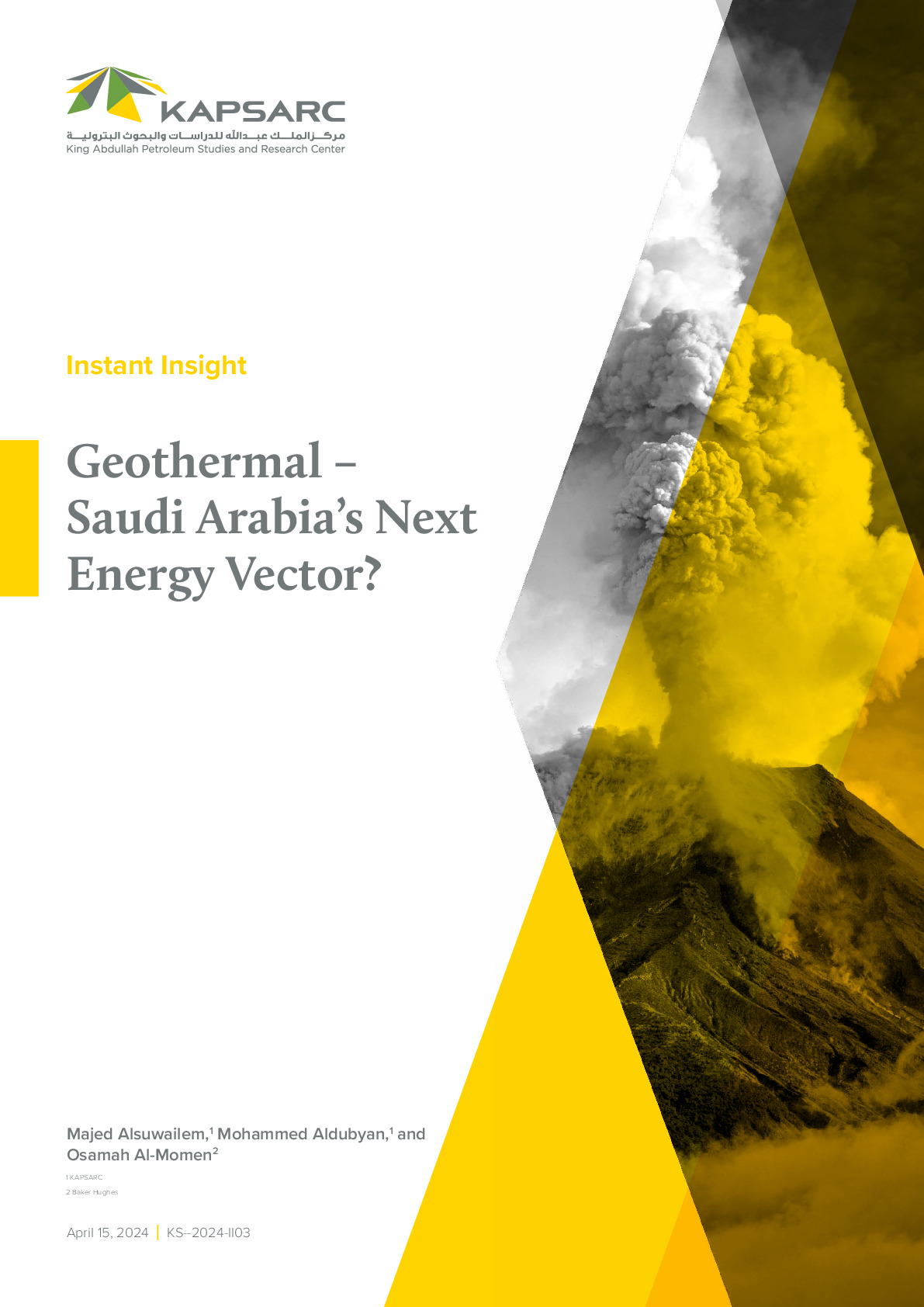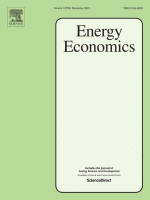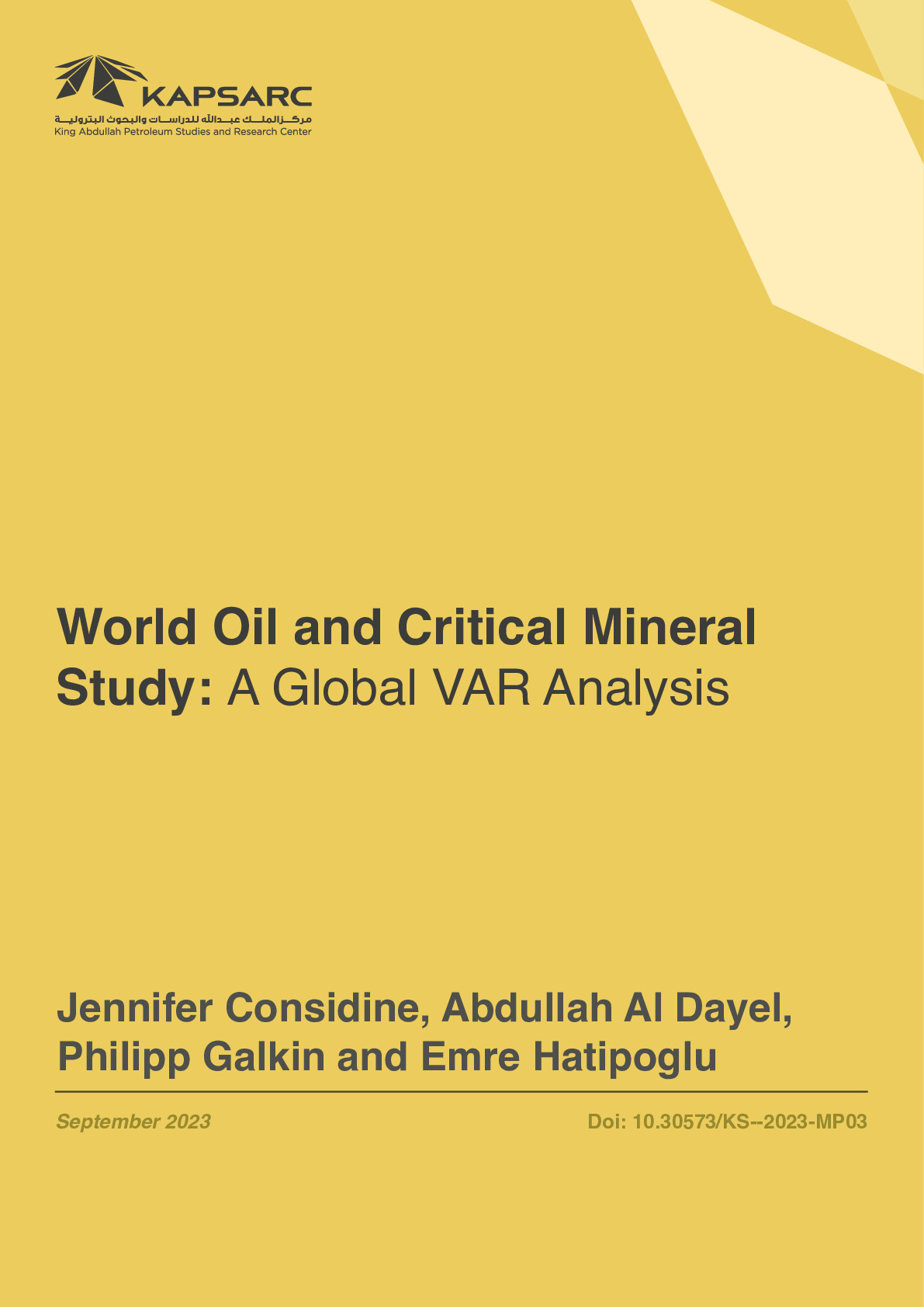Between 2009 and 2019, marketed gas production by Gulf Cooperation Council (GCC) members has grown at an average rate of 4.8% per annum, from 265 billion standard cubic meters in 2009 to 422 billion standard cubic meters (Bscm) in 2019. This has been driven by increased demand for gas for electricity generation, power desalination, and petrochemical industries.

Research Fellow
Majed is a Research Fellow at KAPSARC with a focus on energy security, geopolitics, and hydrocarbon laws and regulations. He…
Majed is a Research Fellow at KAPSARC with a focus on energy security, geopolitics, and hydrocarbon laws and regulations. He has more than 15 years of experience in the oil and gas industry in the fields of simulation and modeling, asset management, reserves estimation, oil field development, disruptive technologies, and business planning, gained at Chevron and Saudi Aramco. Majed holds a B.S. degree in petroleum engineering from the University of Tulsa in the United States, along with two M.S. degrees in petroleum engineering, and reservoir geosciences and engineering, respectively, from Texas A&M University and the Institut Francais du Petrole (IFP School). In 2021, Majed earned his Master of Science degree in public economics and policy from Purdue University.
Expertise
- Energy Security
- Geopolitics
- Hydrocarbon Laws and Regulations
Publications See all Majed A. Al Suwailem’s publications

The New Oil Market Multiverse: Physical Commodity Swaps as Instruments for Circumventing Sanctions and Their Implications for the Global Economy
Between 2009 and 2019, marketed gas production by Gulf Cooperation Council (GCC) members has grown…
23rd May 2024
Geothermal – Saudi Arabia’s Next Energy Vector?
Between 2009 and 2019, marketed gas production by Gulf Cooperation Council (GCC) members has grown…
30th April 2024


